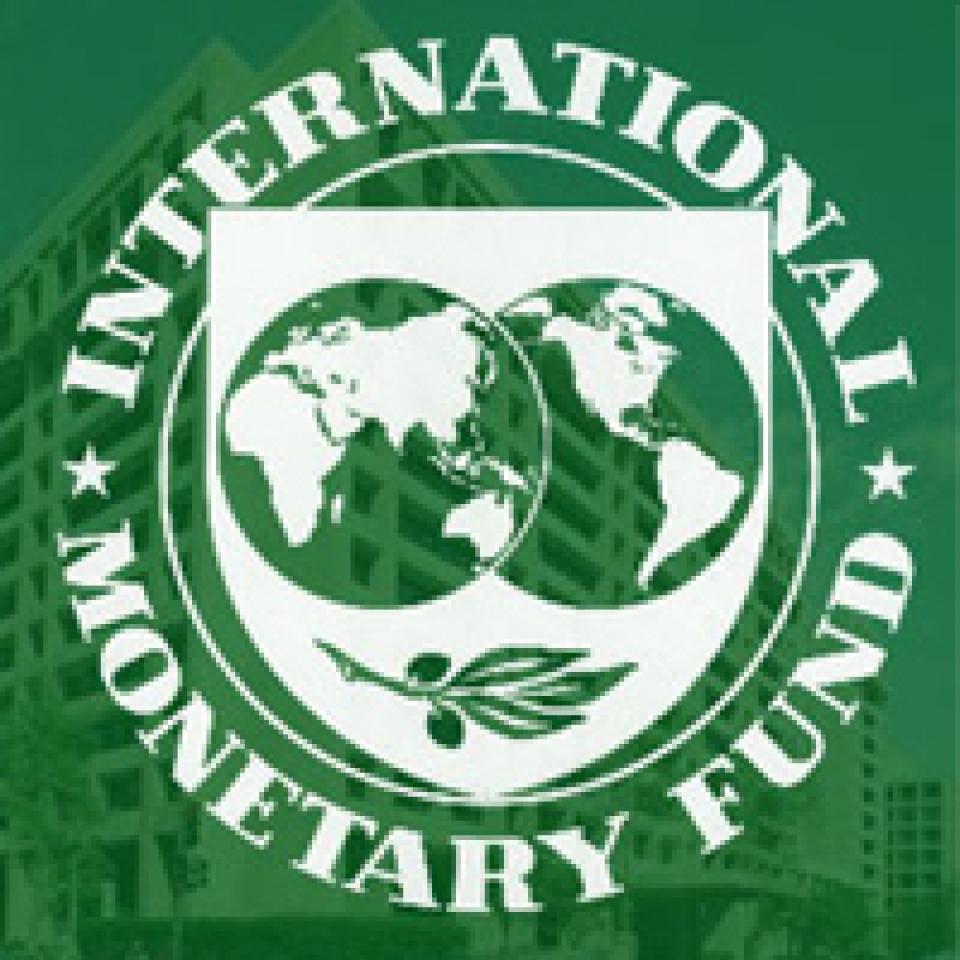The International Monetary Fund (IMF) has cut its forecast for China's 2012 economic growth to 8.25 percent from the 9 percent projected in September, and it warned that exports would be a significant drag on expansion in the coming two years, according to ChinaDaily.
IMF officials say some modest financial support for the Chinese economy is warranted in light of the risk of a global downturn.
The IMF has downgraded the prospects for global economic growth in 2012 to 3.25 percent from 4 percent, largely because the eurozone economy is expected to go into a recession this year.
"The risks to China from Europe are large and tangible," said Murtaza Syed, resident representative of the IMF's Beijing office, at a seminar on Monday.
China's economic growth, which came in at 9.2 percent last year, could fall by as much as 4 percentage points if the euro area experiences the IMF's downside scenario, which would see global growth falling by 1.75 percentage points.
But even in this worst-case scenario, China has room for a countervailing fiscal response, he said.
Given the uncertain global outlook, some modest fiscal support to the economy is warranted, he said. In particular, a general government deficit of about 2 percent of GDP should be targeted.
The IMF urged policymakers to provide fresh stimulus through the budget rather than the banking system, since the large credit stimulus in 2009 and 2010 has increased risks in the banking system.
"China needs some time to digest the side effects of the surge of credit unleashed in the wake of the global crisis," he said.
However, China is not heading for a hard landing and will remain a bright spot for global growth in the coming years. The IMF projects China's economy will grow 8.75 percent in 2013.
Both investment and consumption have been strong despite weakening external demand. Also, the government's efforts to calm the property market have been effective, and underlying investment remains healthy due to government efforts to expand the supply of subsidized housing.
Inflation is coming down to more comfortable levels, which should allow the authorities to fine-tune monetary conditions and supply the economy with modest additional credit, Syed said.
Upward pressure on the Chinese currency has diminished recently and the pace of reserve accumulation has fallen, partly due to a smaller trade surplus and valuation effects associated with a stronger US dollar.
Last week, after talks with German Chancellor Angela Merkel, Premier Wen Jiabao said China was investigating and evaluating ways to become more involved in solving Europe's debt problem.
More at China Daily


